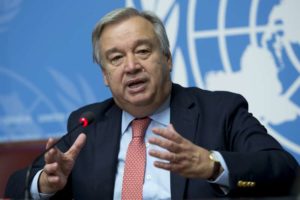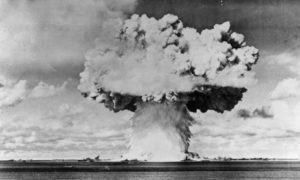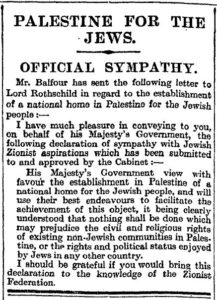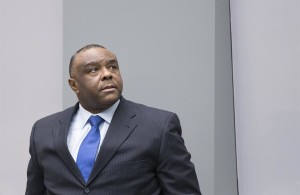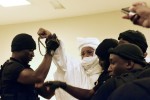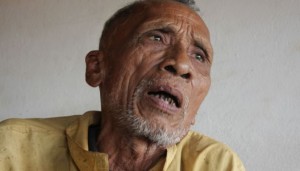The Gambia announced on Tuesday that it will withdraw from the International Criminal Court (ICC), following similar announcements earlier this month from South Africa and Burundi.
Gambian Information Minister Sheriff Bojang accused the Court of being “an International Caucasian Court for the persecution and humiliation of people of colour, especially Africans”.
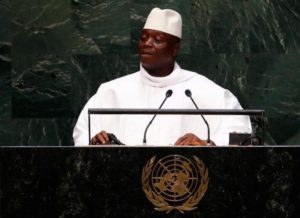
Al Hadji Yahya Jammeh, President of the Republic of the Gambia, addresses the 69th United Nations General Assembly in New York September 25, 2014 ©REUTERS/Lucas Jackson
He said that the ICC had failed to go after Western war crimes, citing the omission to investigate the European Union over the deaths of migrants on the Mediterranean sea and the ICC’s failure to indict former British Prime Minister Tony Blair for his involvement in the Iraq war.
The withdrawal of the Gambia would be especially painful for the ICC since its chief prosecutor, Ms Fatou Bensouda, is from the Gambia and previously held the post of Gambian justice minister. Other high profile international jurists also come from Gambia, including the International Criminal Tribunal for Rwanda (ICTR) Chief Prosecutor Hassan Bubacar Jallow.
Last week Friday, South Africa announced that it had officially initiated the process of withdrawing from the ICC. South Africa reasoned that its obligations with respect to the peaceful resolution of conflicts were at times “incompatible” with the interpretation given by the ICC of obligations raised in the Rome Statute.
South Africa’s withdrawal followed a controversy last year when it failed to arrest President Omar Al Bashir, who is wanted by the ICC, when he attended an AU summit in South Africa. South Africa’s Supreme Court of Appeals ruled that the government had violated national laws and its international obligations for not having arrested Bashir. Continue reading

